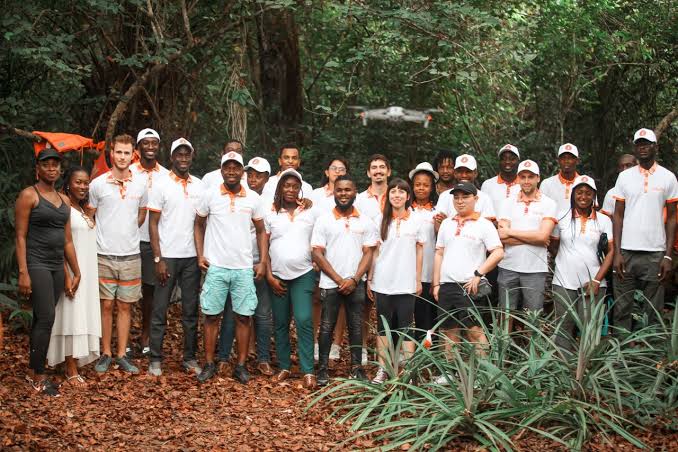An Ivory Coast-based startup, payment solution Julaya, has raised an additional $5 million in a pre-Series A round of funding. During the fundraising round, the company raised a total of $7 million to help it reach its goal of making it easier for companies in Francophone West Africa to pay each other, mostly through mobile money channels.
Speedinvest, a European venture capital firm, led the expansion round. Orange Ventures, Saviu, 50 Partners, Ivorian business angel Mohamed Diabi, and professional football player Édouard Mendy joined as new investors, along with EQ2 Ventures and Kibo Ventures. The company also got financing from its Senegal country manager and CFO.
The investment round will support the fintech startup in its plans to expand across Francophone West Africa, as it intends to create offices in Benin, Togo, and Burkina Faso; add talent; and increase product development, including the launch of a loan product aimed at 200,000 SMEs in the UEMOA region.
Julaya growth so far
The startup has made significant progress. In July 2017, CEO Mathias Léopoldie said that the fintech firm processed more than $1.5 million weekly. These numbers have increased five-fold to over $7.5 million, while revenues have increased by around 500% annually. Companies like Jumia and Sendy are among Julaya’s clients.
Read also: ‘Touch and Pay’ Plans National Expansion Following Seed Funding Round
Enrique Martinez-Hausmann, Lead investor Speedinvest principal, asserts that the portfolio company was redefining how businesses operate in the complex Francophone payment ecosystem, which includes well-known firms like CinetPay and Bizao.
“As we look ahead, the potential for Julaya’s technology goes far beyond its payment capabilities. It has the opportunity to become a close banking partner for companies in West Africa,” Martinez-Hausmann said.
Léopoldie, the company’s CEO, says, “I think he’s a bit ahead of the curve.” We see that football stars, or high-net-worth individuals in the sports industry, are starting to see that they need to invest in venture capital for two reasons. The first one is that it brings great returns even though it’s a risky asset. And second, they need to use their image to show that they don’t only care about their sports career but want to be an inspiration to their home country. It was meaningful for Édouard Mendy because he’s Senegalese. “
He said that selling playing cards, most of which are physical (because customers want them to be), shouldn’t be Julaya’s main way to make money. According to him, the fintech company is set apart from rivals like YC-backed, which see playing cards as the main incentive using a switching value strategy.
The company launched a new service for its users
500 small business owners, start-ups, established businesses, and government agencies use the corporate expenditure management feature of Julaya. The Ivorian-French company started a service called “Cash & Collect,” which makes it easy and safe to collect cash, especially in FMCG. According to Léopoldie, small clients who are conventional and non-digital have accepted fintech more.
The Ivorian-French company started a service called “Cash & Collect,” which makes it easy and safe to collect cash, especially in FMCG. Businesses may use a mobile money agent branch to deposit in-person and field sales money into their Julaya account.
In 2019, there were 56 million active mobile money accounts in West Africa. Compared to 20% who have bank accounts, 75% of people in the Ivory Coast have mobile money accounts. Julaya made its debut in the West African nation before expanding to Senegal, where mobile market penetration is above 80%, and other UEMOA nations with the widespread use of mobile money.




